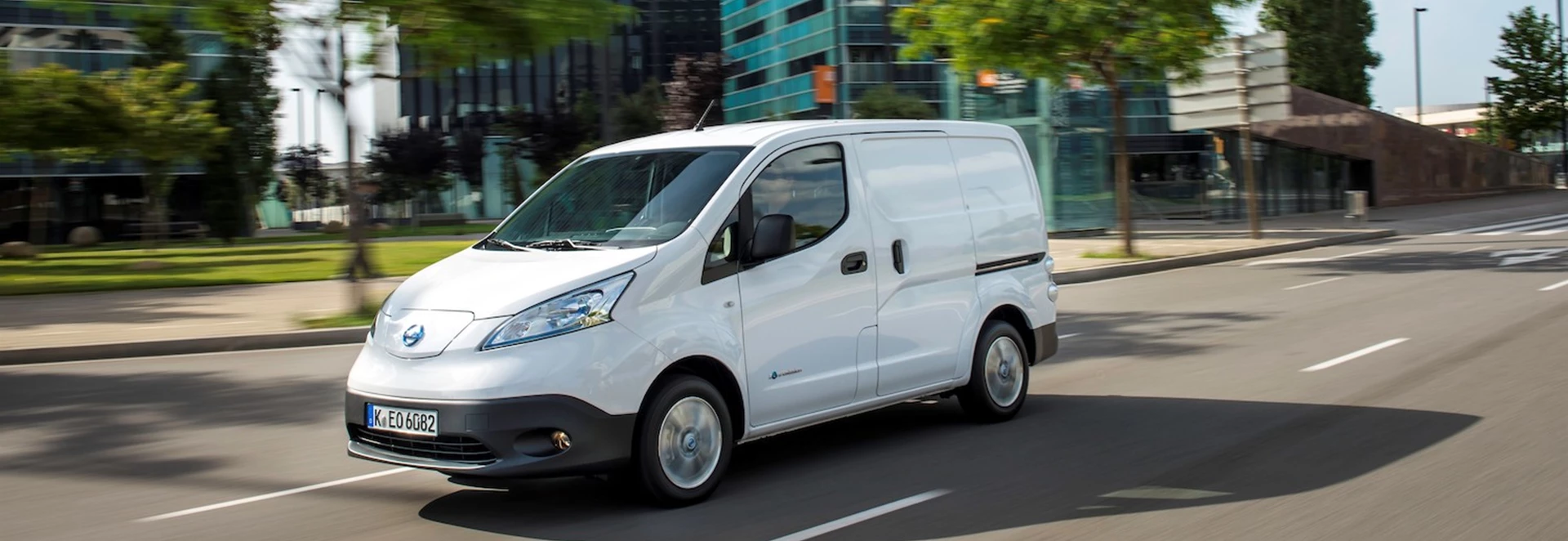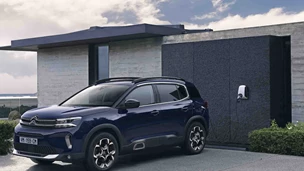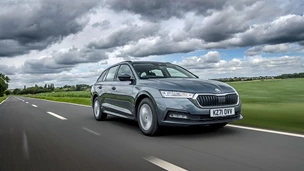As electric mobility becomes more advanced and popular, commercial vehicles will be electrified a lot more often than they are now – but that doesn’t mean electric vans don’t already exist.
Some manufacturers are already jumping on the trend, providing commercial drivers with zero-emission solutions.
Here we go through why electric vans are good, what needs to be improved and what models you can currently buy or rent…
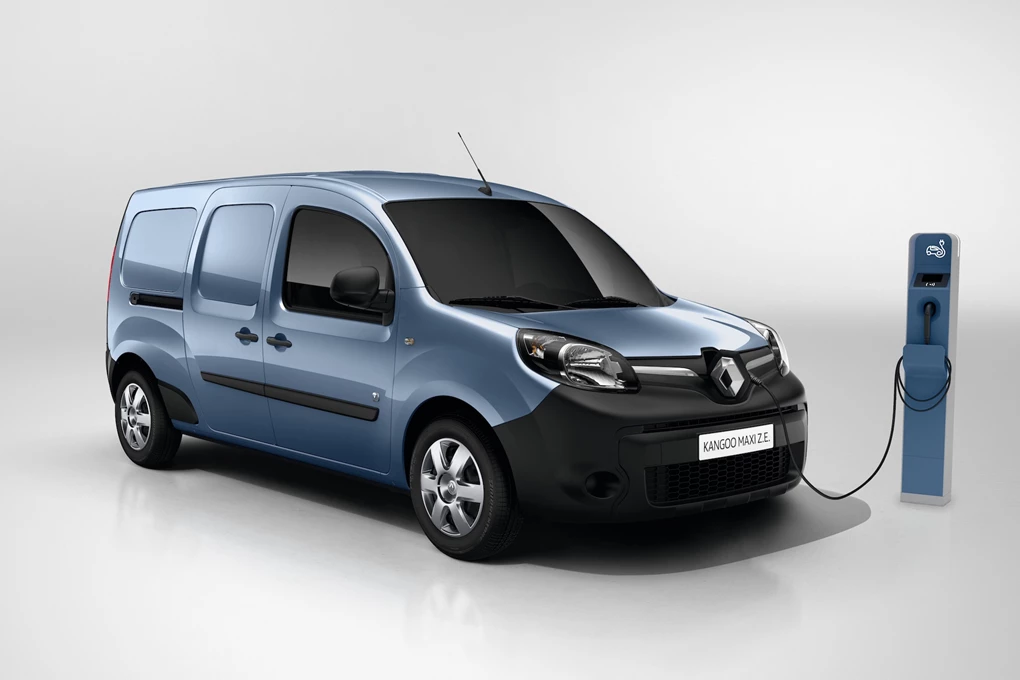
What’s good about electric vans?
With the lack of a combustion engine under the bonnet, all-electric vans don’t produce any harmful tailpipe emissions – making them perfect for running in urban environments. As you only need to top the batteries up by plugging them in to a wall box or public charger, running costs will be much lower than conventional vans, and there are also fewer moving parts in an EV so less can go wrong.
In terms of day-to-day running, the electric motor on most vehicles only let out a small whine so will be much better to live with and with almost instantaneous torque delivery, zipping around won’t be too difficult either. You will also be able to drive around later and make much less noise than a diesel van.
There are also multiple incentives to get people into electrified vehicles, such as up to 20 per cent off an electric van’s list price thanks to the government’s plug-in van grant and some authorities getting tax and congestion and parking charge exemptions.
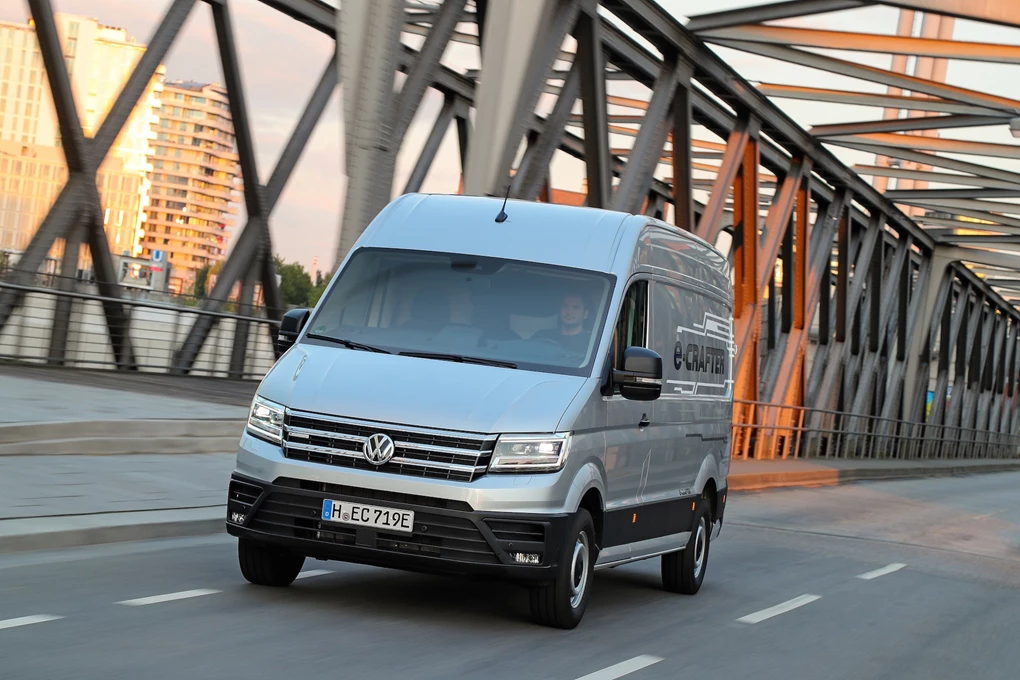
What are the downsides?
As with electric cars, electric van drivers will be constantly checking how much range they have left to make sure they can get to their next destination – and for a lot of commercial vehicles at the moment, they won’t get too far at all. Also charging could take up a considerable amount of a driver’s day – meaning they get less done.
Also, the technology still has a long way to go before it overtakes the practicality of traditional vehicles. Electric vans are heavier, meaning less cargo can be carried, and they can’t perform as well in the cold due to the chemicals used in most lithium-ion battery packs.
And despite the government’s incentive, most electric vans are still more expensive than a comparative diesel or petrol van – showing that it will take time before EVs outstrip conventional vehicles.
Which ones can I buy?
But if you’ve considered all the limitations and still want an electric van, then there are options on the market that can suit your needs. Below we list the current options available on sale today and how far they can go on a single charge:
Small vans
Click on the links below to enquire:
Citroen Berlingo Electric (£15,617 excl. VAT) – 106 miles
Nissan e-NV200 (£19,221 excl. VAT) – 174 miles with 40kWh battery
Peugeot Partner Electric (£15,801 excl. VAT) – 106 miles
Renault Kangoo Z.E. (£18,693.47 excl. VAT) – 170 miles
Medium and Large Vans
Click on the links below to enquire:
Renault Master Z.E. (£56,440) – 120 miles
Mercedes eVito (price unconfirmed) – 93 miles
Mercedes eSprinter (price unconfirmed) – 93 miles
Volkswagen e-Crafter (price unconfirmed) – 107 miles
Iveco Daily Electric (price unconfirmed) – range unconfirmed
